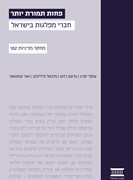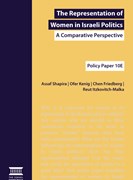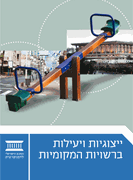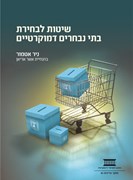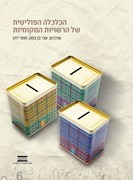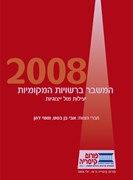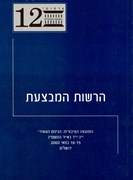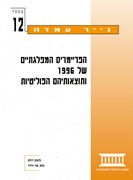

Publications Regarding representation
Articles

A Lower Threshold is Not the Electoral Reform Israel Needs
Written By: Asaf Heiman
Instead of debating electoral reforms that seek to preserve and protect the political interests of those in power, let us focus on electoral reform, such as a semi-open ballot system, that would improve governance, increase accountability, and strengthen democracy.
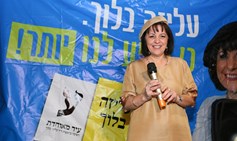
Israel Needs More Women on Local Councils
Written By: Adv. Anat Thon Ashkenazy, Dr. Assaf Shapira
For local government to be able to truly represent all residents and understand the diversity of their different needs, it is important that there be appropriate representation of men and women alike

Faust is Dressed like an Ultra-Orthodox Jew
Written By: Eliyahu Berkovits
The law for “adequate and appropriate representation” that is progressing along the Knesset legislative path is neither just, nor fair; it is neither wise nor ethical. And above all, it is not ultra-Orthodox.
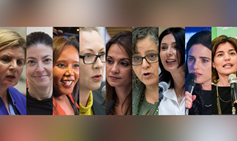
The Decline in Women’s Representation in Israel's Political System: Analysis
Written By: Prof. Ofer Kenig
Just one year ago, women’s representation in Israeli politics soared to an all-time high—in the Knesset, in the Government, and in local authorities. But today, we are going backwards. The approach of International Women’s Day is an appropriate time to look at the current situation and express concern as to this trend.

A Preview of the 25th Knesset
Written By: Prof. Ofer Kenig
Fourteen days after the election, the 25th Knesset will be sworn in. This is the fifth Knesset inauguration in less than 3½ years—testimony to the political crisis which Israel is undergoing. How many new MKs are there? Will the stagnation in female representation continue? How many MKs have a background in local government?
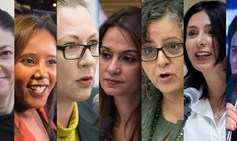
Women in Israeli Politics: 2022
Written By: Prof. Ofer Kenig
As we mark International Women’s Day, there are a record number of women are in the Knesset (35) and in the government (9) but most senior government positions are still held by men.
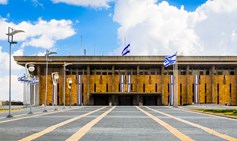
Happy 73rd Birthday, Knesset!
Written By: Prof. Ofer Kenig
As the Knesset, Israel’s legislature, marks its 73rd birthday, IDI is taking the opportunity to reflect on two of its characteristics; the social composition of its membership and its size as compared with other countries.
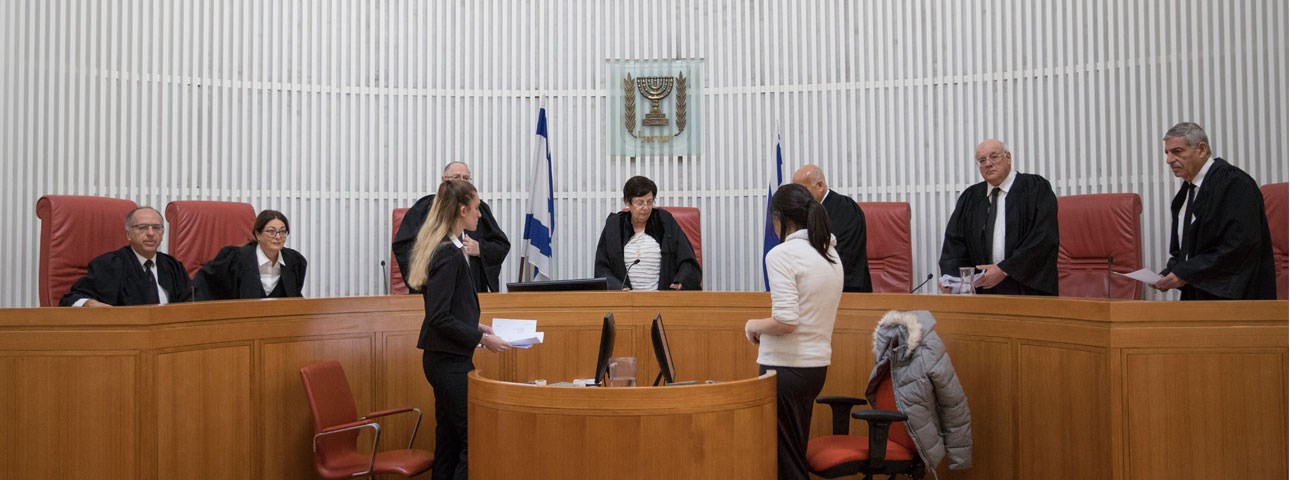
One Arab Justice Isn’t Enough
Written By: Dr. Guy Lurie
The imminent retirement of Judge Kara will leave the Supreme Court without an Arab justice, yet there is only one Arab candidate on the list of possible replacements. We must move beyond filling the "Arab chair" and ensure proportional representation of Arabs as well as women and Mizrahim in the courts
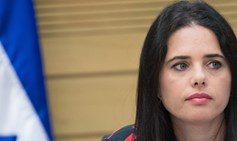
How Many Women Have Served in the Israeli Cabinet?
Written By: Prof. Ofer Kenig
The steady increase in the percentage of women in Israel's parliament has not been accompanied by a concomitant rise in their cabinet representation. In this article, IDI researcher Dr. Ofer Kenig argues that the new government that will be formed following the 2019 elections provides Israel with a golden opportunity to rectify this situation.

Appointing Arab Judges to the Courts in Israel
Written By: Dr. Guy Lurie
In an article in Mishpat U'Mimshal, IDI researcher Dr. Guy Lurie addresses the issue of the lack of Arab judges in Israeli courts. This abstract presents the main issues discussed in the article.
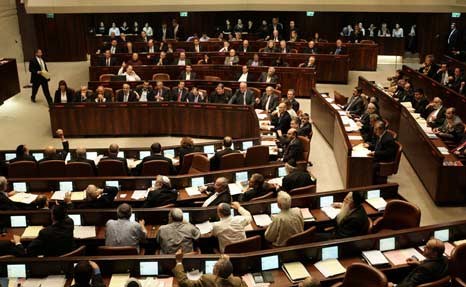
The Social Composition of the 20th Knesset
Written By: Prof. Ofer Kenig
On Tuesday March 30, 2015, the 120 members of the 20th Knesset will be sworn in. About one third of them are new faces, and almost a quarter are women. How many religious MKs are in the Knesset? Which is the "youngest" parliamentary group? Dr. Ofer Kenig explores the demographic attributes of the 120 members of Knesset.

The Intra-Party Democracy Index 2015
Written By: Prof. Gideon Rahat, Dr. Assaf Shapira
The findings of the Party Democracy Index, a tool designed to evaluate the level of democracy within political parties, which was designed by IDI's political reform research team. The findings have been released in advance of the 2015 Knesset elections.
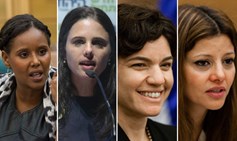
Women's Representation in the Knesset: Still Increasing But Not Fast Enough
Written By: Prof. Ofer Kenig
Dr. Ofer Kenig analyzes the predicted rate of representation of women in the 20th Knesset as compared to previous Knessets and as compared to the rate of women's representation in the parliaments of other democracies.

The Electoral Threshold, Wasted Votes, and Proportionality
Written By: Prof. Ofer Kenig
In the upcoming elections, the electoral threshold will be 3.25%, a big leap from the last elections. Will this higher hurdle deter voters from supporting small parties? Will it reduce the share of wasted votes? What impact will it have on the proportional nature of the electoral system?

The Electoral Threshold: Why the Rush?
Written By: Prof. Ofer Kenig
In an op-ed in the Jerusalem Post, Dr. Ofer Kenig warns that while there is nothing wrong with a moderate increase in Israel's electoral threshold, increasing it from 2% to 3.25% in a single step is problematic.
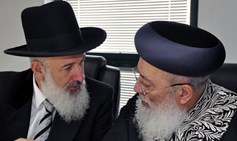
The Chief Rabbinate: A Religious Version of the State President
Written By: Yair Sheleg
In an op-ed in Maariv, Yair Sheleg argues that the current roles of the Israeli chief rabbinate should be split and the rabbinate should serve solely in its representative capacity in the future.
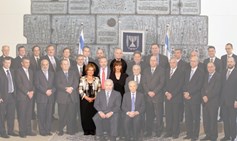
Time for More Women in the Israeli Cabinet
Written By: Prof. Ofer Kenig
IDI Researcher Dr. Ofer Kenig surveys the percentage of women in the Israeli cabinet since the founding of the State and calls for a change for the better.

The Primary System in Israel: A Balance Sheet
Written By: Prof. Ofer Kenig
The frequent criticism of the Israeli primary system by politicians, the media, and academics often creates the impression that the system should be retired and replaced by a new one. In the article below, which was written prior to the Kadima primaries in March 2012, IDI Researcher Dr. Ofer Kenig surveys the arguments against primaries, analyzes the validity of the criticisms, and explores ways of addressing the weak points of the system.
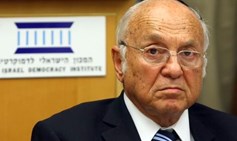
Neeman's "Jewish Poker" Game
Written By: Dr. Amir Fuchs, Prof. Mordechai Kremnitzer
Prof. Mordechai Kremnitzer and Attorney Amir Fuchs explain why they see the "Bar Association Bill" as undermining the rule of law. This bill would change the way that the Bar Association's representatives to the Judicial Appointments Committee are selected, and would apply retroactively.

Women in the 18th Knesset
Written By: Prof. Ofer Kenig
IDI Researcher Dr. Ofer Kenig analyzes the results of the 2009 Israeli general election elections as they pertain to women's representation in the Knesset.

Intra-Party Politics
Written By: Prof. Gideon Rahat
Party primaries, though a vital component of the Israeli electoral system, receive little attention from the media and the voting public. In an interview originally published prior to the Israeli general elections in 2006, Dr. Gideon Rahat of the Political Science Department at the Hebrew University in Jerusalem, today a Senior Researcher at IDI, discusses the candidate selection process within Israel's political parties and explores the pros and cons of local and international models.

